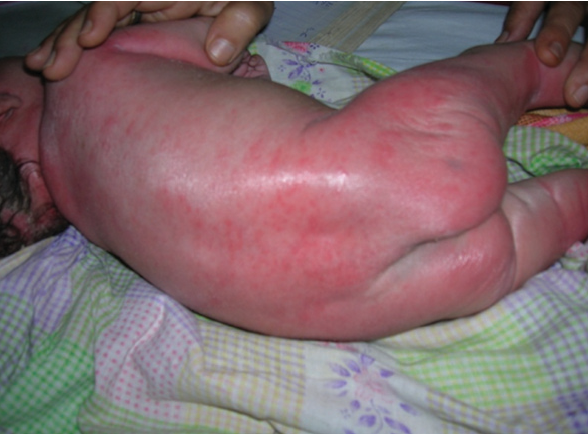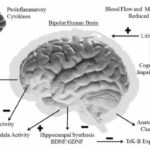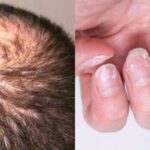Biotinidase deficiency (BTD) is a rare genetic disorder that affects the body’s ability to recycle biotin, a crucial water-soluble vitamin also known as vitamin B7. Biotin plays an essential role in the metabolism of fats, carbohydrates, and proteins. Individuals with BTD lack sufficient activity of the enzyme biotinidase, which is responsible for releasing free biotin from dietary sources and recycling it from enzymes in the body.

Types of Biotinidase Deficiency
Biotinidase deficiency is classified into two main types based on enzyme activity levels:
- Profound Biotinidase Deficiency: Enzyme activity is less than 10% of normal.
- Partial Biotinidase Deficiency: Enzyme activity ranges between 10% and 30% of normal.
Both types can lead to health issues if untreated, but the severity differs.
Causes and Genetics
Its an autosomal recessive disorder caused by mutations in the BTD gene located on chromosome 3. To inherit this condition, an individual must receive one defective gene from each parent. Carriers, having only one defective gene, typically show no symptoms.
Symptoms of Biotinidase Deficiency
Symptoms often manifest in infancy or early childhood and may include:
- Neurological symptoms: Seizures, hypotonia (low muscle tone), developmental delays, and hearing loss.
- Dermatological symptoms: Skin rash, alopecia (hair loss), and seborrheic dermatitis.
- Metabolic issues: Lactic acidosis and ketoacidosis.
- Other symptoms: Vision problems, ataxia (loss of coordination), and breathing difficulties.
If untreated, symptoms can progress to permanent neurological damage.
Diagnosis
Typically diagnosed through newborn screening, which measures biotinidase enzyme activity in the blood. Confirmatory genetic testing can identify specific mutations in the BTD gene.
Treatment and Management
Treatment involves lifelong supplementation with free biotin, usually in the form of biotin capsules or tablets. Early diagnosis and treatment can prevent symptoms and complications. The recommended daily dose ranges from 5 to 20 mg of biotin, depending on age and severity.
Frequently Asked Questions
1. Can biotinidase deficiency be prevented?
Biotinidase deficiency cannot be prevented as it is a genetic condition. However, early detection through newborn screening ensures timely treatment and prevention of symptoms.
2. Are there dietary recommendations for individuals with BTD?
While there are no specific dietary restrictions, maintaining regular biotin supplementation is crucial.
3. What happens if biotin supplementation is missed?
Missing doses occasionally is unlikely to cause immediate harm, but prolonged gaps can lead to the recurrence of symptoms.
Related Conditions
- Multiple Carboxylase Deficiency: A related metabolic disorder that affects the body’s use of biotin.
- Holocarboxylase Synthetase Deficiency: Another genetic disorder affecting biotin metabolism.
Though rare, is manageable with early diagnosis and appropriate treatment. Awareness of its symptoms and the importance of newborn screening is vital for effective management and prevention of complications.

